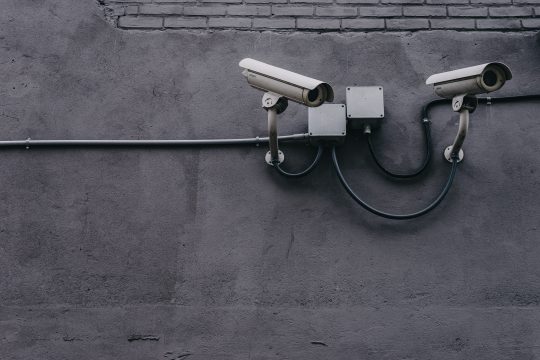The following code snippet shows how to use Object I/O streams to deep clone Serializable objects. The object bytes once written on an ObjectOutputStream can be read back to a new object with all the populated values intact. The only catch is that, because the object is written and then read from a stream, this process is slower then the normal getter-setter approach.
import java.io.ByteArrayInputStream;
import java.io.ByteArrayOutputStream;
import java.io.IOException;
import java.io.ObjectInputStream;
import java.io.ObjectOutputStream;
/**
* Deep-copy of Serializable objects
*/
public class SerializableObjectCloner{
public static Object clone(Object original) {
Object clone = null;
try {
//Increased buffer size to speed up writing
ByteArrayOutputStream bos = new ByteArrayOutputStream(5120);
ObjectOutputStream out = new ObjectOutputStream(bos);
out.writeObject(original);
out.flush();
out.close();
ObjectInputStream in = new ObjectInputStream(
new ByteArrayInputStream(bos.toByteArray()));
clone = in.readObject();
in.close();
bos.close();
return clone;
} catch (IOException e) {
e.printStackTrace();
} catch (ClassNotFoundException cnfe) {
cnfe.printStackTrace();
}
return null;
}
}

1 Comment
This is exactly the approach I have taken :). I wanted a general utility to deep clone an entire object (graph) based at a business entity object. I took the easy approach of using apache.commons.lang's SerializationUtils; the code becomes:@SuppressWarnings("unchecked") public static T deepClone(T object) { return (T) deserialize(serialize(object)); }Unfortunately as you pointed out this is very slow.